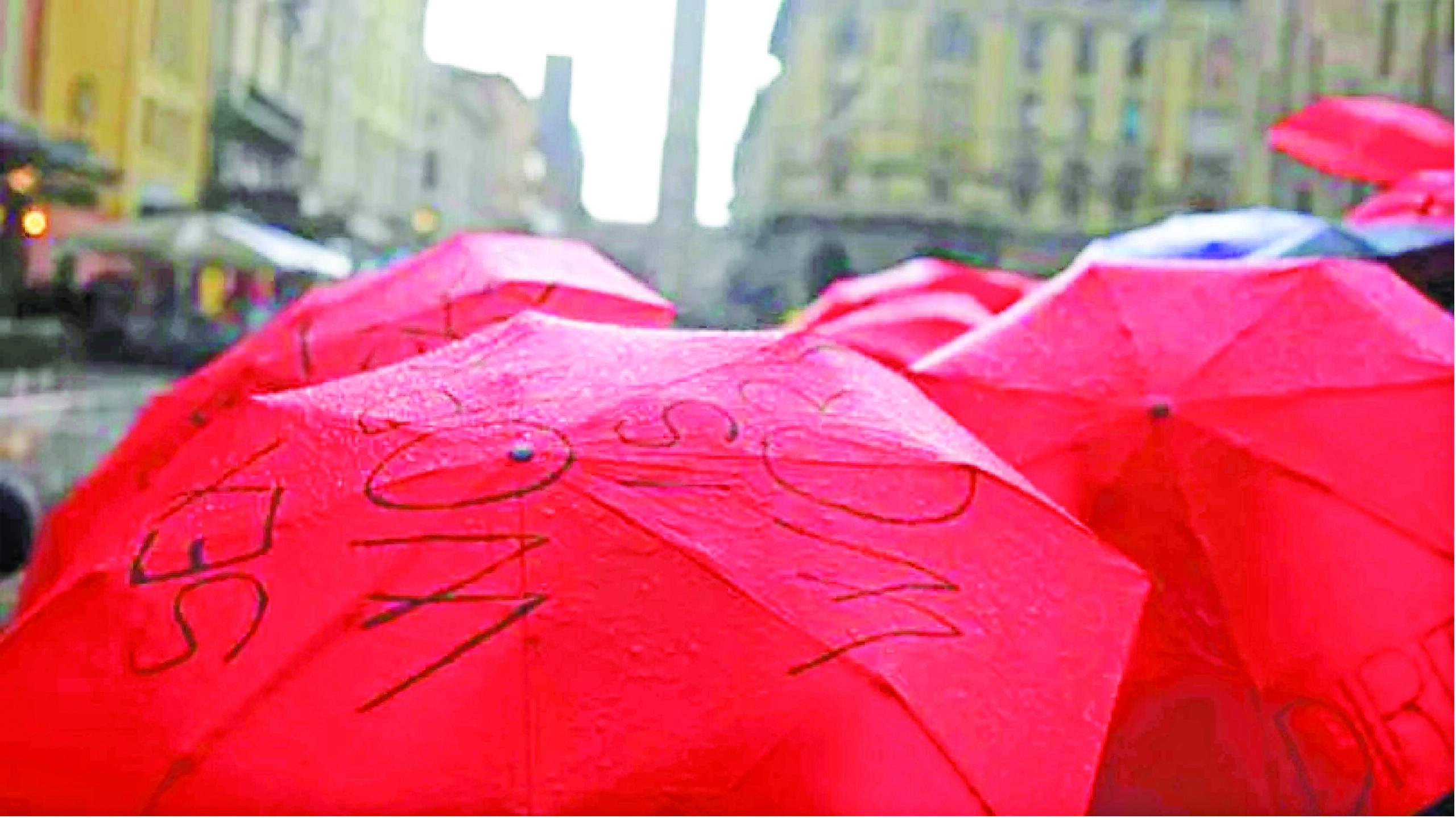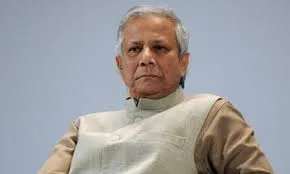Sex work in India lies within a legal framework that is both intricate and contradictory. The Immoral Traffic (Prevention) Act, 1956, criminalizes related activities, including soliciting, operating a brothel, and pimping, but the act of sex work itself is not illegal. This partial criminalization frequently results in the harassment and exploitation of sex workers by law enforcement, leaving them susceptible to abuse.
An imperative need exists to re-evaluate India’s approach to the practice in light of the increasing concerns regarding human trafficking and the exploitation of vulnerable individuals. A measure that could be taken to more effectively resolve these issues is the adoption of a more nuanced and rights-based framework.
GLOBAL PERSPECTIVES ON SEX WORK
Various legal frameworks have been implemented in countries worldwide to address prostitution, reflecting a variety of cultural, social, and moral perspectives. Some of the most notable strategies are the abolitionism, partial criminalization, decriminalization, and legalization. In countries such as Germany and the Netherlands, legalization is achieved by regulating prostitution through state laws, which permit sex work under specific circumstances. New Zealand has implemented decriminalization, which eliminates criminal penalties for consensual sex work among adults. In contrast, the abolitionism i.e. the Nordic Model, which was established by Sweden and has since been emulated by other Scandinavian countries, criminalizes the purchase of sex while decriminalizing its sale in order to mitigate demand and safeguard vulnerable individuals. The best method to reconcile the rights and safety of sex workers with efforts to combat exploitation and trafficking is a topic of ongoing debate, as each approach has its advocates and critics.
THE NORDIC APPROACH
The Nordic Model was initially implemented in Sweden in 1999. Subsequently, Norway and Iceland have implemented it. Recently the same has been adopted by France and Izrael. The model provides social support to sex workers and criminalizes the purchasers of sex but not the selling of it. The primary objective is to mitigate human trafficking and exploitation by concentrating on the demand for prostitution. The method posits that prostitution is inherently exploitative and is designed to safeguard the most vulnerable individuals. From a human rights standpoint, the model operates under the premise that prostitution is a type of violence that is rooted in gender, and that it is unacceptable for anybody to be compelled or manipulated into engaging in the sale of sexual services. It acknowledges the unequal distribution of power that frequently occurs between individuals purchasing and selling sexual services.
EFFECTS OF THE NORDIC APPROACH
Since the law was passed, Sweden has reported a fall in the number of males purchasing sex and a reduction in the number of people engaging in street prostitution. Additionally, there has been a rise in the level of public support for the law across the nation. Currently, the number of women engaged in street prostitution in Sweden is significantly fewer compared to when the Law was implemented in 1999.
The Scandinavian countries have lower rates of trafficking and exploitation than countries like Germany, which have legalized prostitution. This is in contrast to the countries that have legalized prostitution. Certain detractors contend that the approach exacerbates the underground nature of prostitution, hence heightening the peril faced by sex workers. The studies conducted by various organizations there depicts that the Nordic Model has resulted in a decline in street prostitution and has increased the difficulty for traffickers to carry out their operations. Furthermore, it has caused a change in public opinions, resulting in a decreased level of societal acceptance towards the act of purchasing sexual services.
ADOPTING THE NORDIC APPROACH IN INDIA
Sex work in India is not illegal under some circumstances, whereas acts such as soliciting, operating a brothel, and facilitating prostitution is not allowed. This partial criminalization of sex work has resulted into the harassment and exploitation of sex workers by law enforcement authorities.
Implementing a Scandinavian/Nordic model in India could effectively combat human trafficking and exploitation in the sex industry. Additionally, it could offer more comprehensive and resilient support systems for individuals seeking to leave the profession of prostitution.
India’s socio-economic situations diverge markedly from those of Scandinavian countries. Implementing this paradigm would necessitate significant modifications in legal, social, and economic policy. An emphasis should be placed on social welfare programs, rehabilitation services, and public education campaigns.
It would necessitate thoughtful examination and adjustment, but it might serve as a measure to mitigate exploitation in the sex business. Emphasis should be placed on safeguarding the most susceptible individuals, diminishing the need, and offering means for individuals engaged in prostitution to quit the industry. We must promote a change in policy that adheres to human rights principles and places a high importance on the well-being and respect of those engaged in prostitution.
Author is an Assistant Professor of law at Symbiosis Law School, Pune










